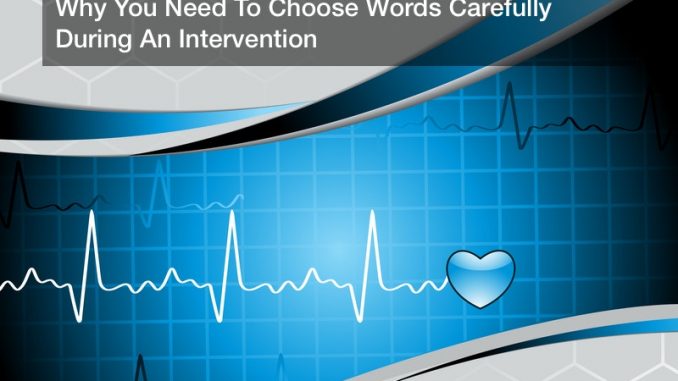

It’s never easy to watch a friend or love one struggle with addiction of any kind. It doesn’t matter if it’s heroin addiction, meth addiction, prescription drug addiction or alcohol addiction, it’s destructive and it can tear families and friendships apart.
It’s estimated that more than 15 million U.S. adults have an alcohol use disorder. If you’ve watched a friend or loved one struggle with addiction and you want to help them, an intervention might be the best way to do that.
It’s estimated that more than 90% of folks get help after an intervention and it’s important to keep a few things in mind before one takes place:
- Choose a team: An intervention has to be done with people that the addict knows and trusts. You might also look to family intervention services for help. Choosing who takes part in an intervention must be done carefully. This is supposed to be a source of motivation and the people who are there, including family intervention services, need to be able to get through to the addict. Professional alcohol intervention specialists and family intervention services can be helpful in choosing the best team.
- Find the right time: Ideally you want to talk to the addict during a time when they’re sober. You need them to be able to think clearly, act calmly and be able to really absorb what’s being said at an intervention.
Staging an intervention with a loved one for any kind of drug or alcohol addiction is never easy. But with calm, warm body language, the right choice of words, the right people and the right time, you may just be able to get through to your loved one and help them get the treatment they need to make their life better.
When it comes to staging an intervention, remember that words are important. When you’re communicating with someone dealing addiction, every word you say might be analyzed and scrutinized and even thrown back at you. What you say can affect your friend or loved one forever, so it’s important to choose words carefully.
Things You Should Say
If you’re wondering what you’re supposed to say, know that it doesn’t have to follow a script. It doesn’t have to be a situation where everyone writes a letter beforehand and then take turns reading. Whatever is said should come from a place of love and the words should be honest, compassionate and genuine.
However you are feeling toward your friend or loved one, you need to express how you feel and how you want to help them. You need to remember that your loved one or friend is battling a disease and needs treatment. You need to remind them that the disease they’re battling is treatable and that treatment can help them.
Whatever you say, you need to make sure to do it calmly. Interventions aren’t the easiest things for anyone to go through whether It’s friends or family or the person battling addiction. Even if your loved one hurls some very hateful things your way, you need to remain calm and tell them how much you want to see them get healthy.
It’s important to remember that an intervention isn’t a person attack on the person with a drug or alcohol problem, even if it feels that away to them. When you communicate, you want to talk about your experiences with “I” statements to avoid using accusatory language.
Things You Shouldn’t Say
As is the case with many interventions, emotions can run high. That’s why it’s important to stay calm and remember things that you shouldn’t say.
The first thing to note is that whatever you say shouldn’t be said in anger. Remember that even if you feel angry, an intervention is not the time to express that anger. So you shouldn’t resort to name-calling when you’re talking. Nor should you focus on that person’s failures or accept whatever excuses they give for their condition.
An intervention, done the right way, just may save a person’s life. With careful planning and the help of family intervention services, a person with a problem can get the help they need.
Leave a Reply
You must be logged in to post a comment.